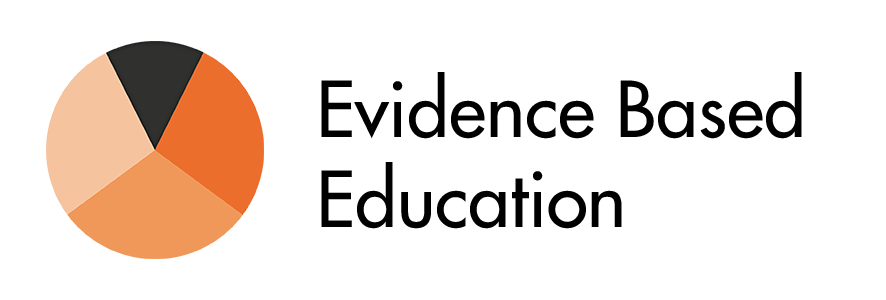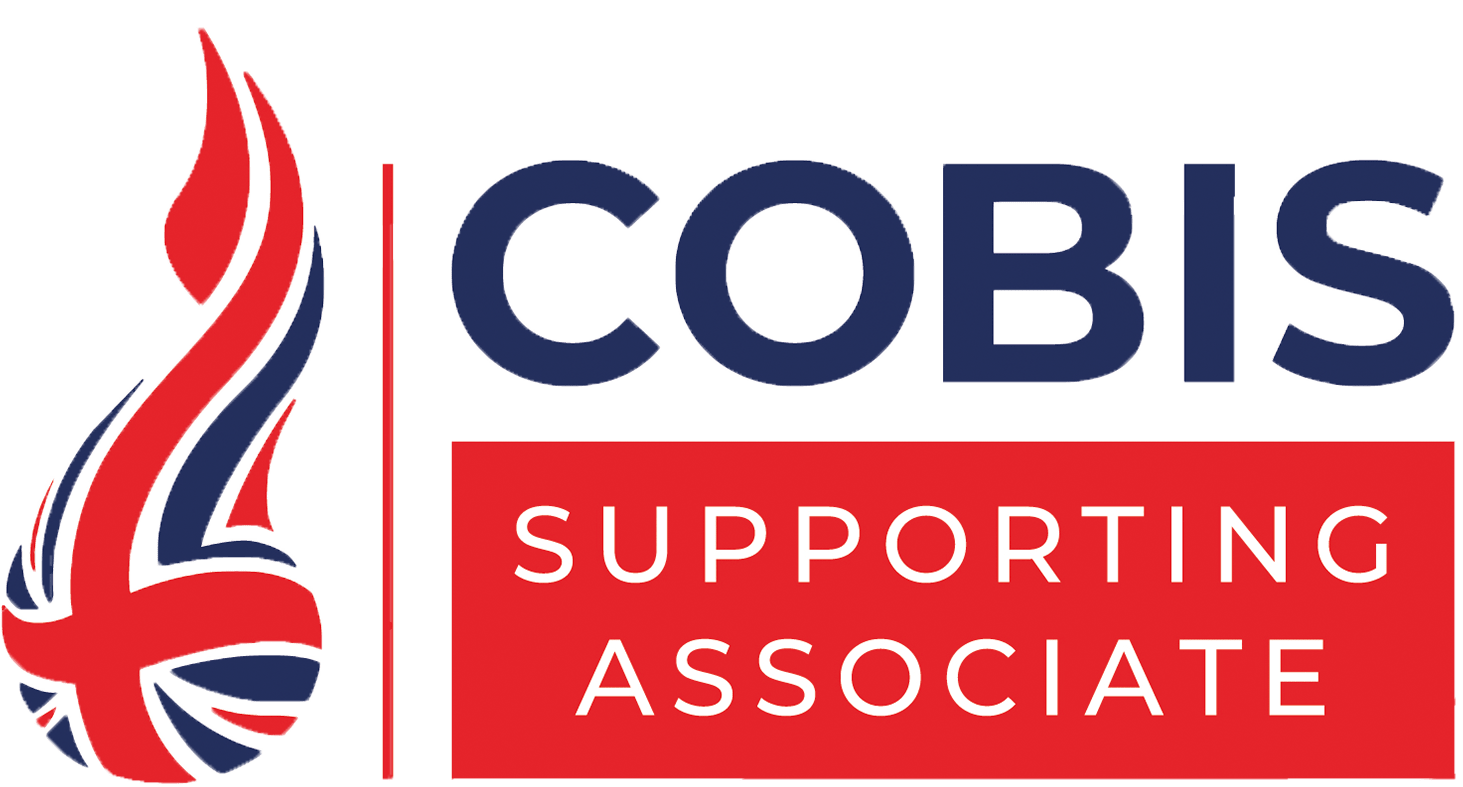In 2015 the Carter Review of Initial Teacher Training specifically pointed to assessment as a significant area for improvement in teacher training. The review found…
‘Of all areas of ITT content, we believe the most significant improvements are needed on training for assessment. The NAHT Commission (2014b) reported the following findings, in relation to training for assessment:
- Teacher training is not of a sufficiently high or rigorous standard. This applied across the board, from the initial teacher training through to ongoing professional development. […].
- All teachers are not automatically equipped to assess, even though there is an apparent assumption that this is the case.
- Teachers need practical training in assessment methodology and practice and an ongoing programme of CPD [continuing professional development].’
This is exactly why we have developed a new course of professional learning – Assessment Essentials. We wanted something that would be accessible to educators at all levels—those in initial teacher training, recently qualified teachers, and experienced educators. We wanted something that was affordable and flexible enough to fit teachers’ busy schedules, while also being sustained enough to encourage long-term learning. Above all, we wanted something that was aligned with our mission of providing all teachers with the knowledge, skills, and confidence to better use assessments.
What’s it all about?
There are two overarching goals of Assessment Essentials:
- to help make your students learning more visible and, thereby, increase confidence in the dependability of decisions made in the classroom and beyond;
- to help maximise the power of assessment as a powerful learning tool.
At the very core of this is the need for high quality information and using assessment as the bridge between teaching and learning. Here’s a summary of the ten-week course of learning:
Week one is all about introducing the learning and preparing colleagues for what they’re about to learn, how learning will be structured and introducing course contributors such as Dylan Wiliam, Daisy Christodoulou, John Hattie, Rob Coe and Niki Kaiser.
In weeks two to four of Assessment Essentials, participants develop an understanding of the theory and evidence base for effective application and implementation of assessment practice, exploring:
- What is learning? And the distinction between learning and performance;
- How we can use assessment as the bridge between teaching and learning;
- The power of assessment, types of formative assessment, assessment as a learning event e.g. the act of retrieval;
- The optimum relationship between curriculum, pedagogy and assessment;
- How we can move from abstract curriculum concepts to concrete learning constructs.
Having built firm foundations in theory, weeks five to seven support participants to reflect on their own practice and think about how it can be enhanced:
- It’s in this part of the course where we begin the process of integrating into classroom practice what the best available evidence indicates will have the biggest impact on student outcomes;
- You will explore the four pillars of assessment, purpose, validity, reliability and value;
- And we turn to experts like Dylan Wiliam to understand key concepts such as the standard error of measurement – how all assessments contain some level of inaccuracy and the consequences of this on the validity of reporting assessment information.
Finally, weeks eight to ten are all about actioning learning. Based on the best available evidence and having taken time for personal reflection, participants put theory into practice:
- In these weeks we establish a framework for selecting or designing effective assessment processes for your intended purpose;
- There’s a focus on hinge questions and low-stakes quizzing to support retrieval practice;
- And finally, we guide you through the process of creating your own personal implementation plan.
The implementation plan is the output from the course, the tangible action to support teachers’ learning, structure future practice and make the impact needed to ensure an evidence-based approach for student outcomes.
Gain an overview of the course in a six-minute video demonstration here.






Can this be delivered as twilight sessions in school or summarised in a training day
Hi Joanne. We do regularly deliver twilight sessions on this, and whole-day training, but as you’ll see from the above, we can’t proclaim to be able to cover the same amount of ground in one day as ten weeks of a well-designed online course. It all would depend on the purpose of what you’re hoping to achieve. Drop us an email to enquiries@evidencebased.education, or give us a call during office hours tomorrow, and we’ll be more than happy to advise!